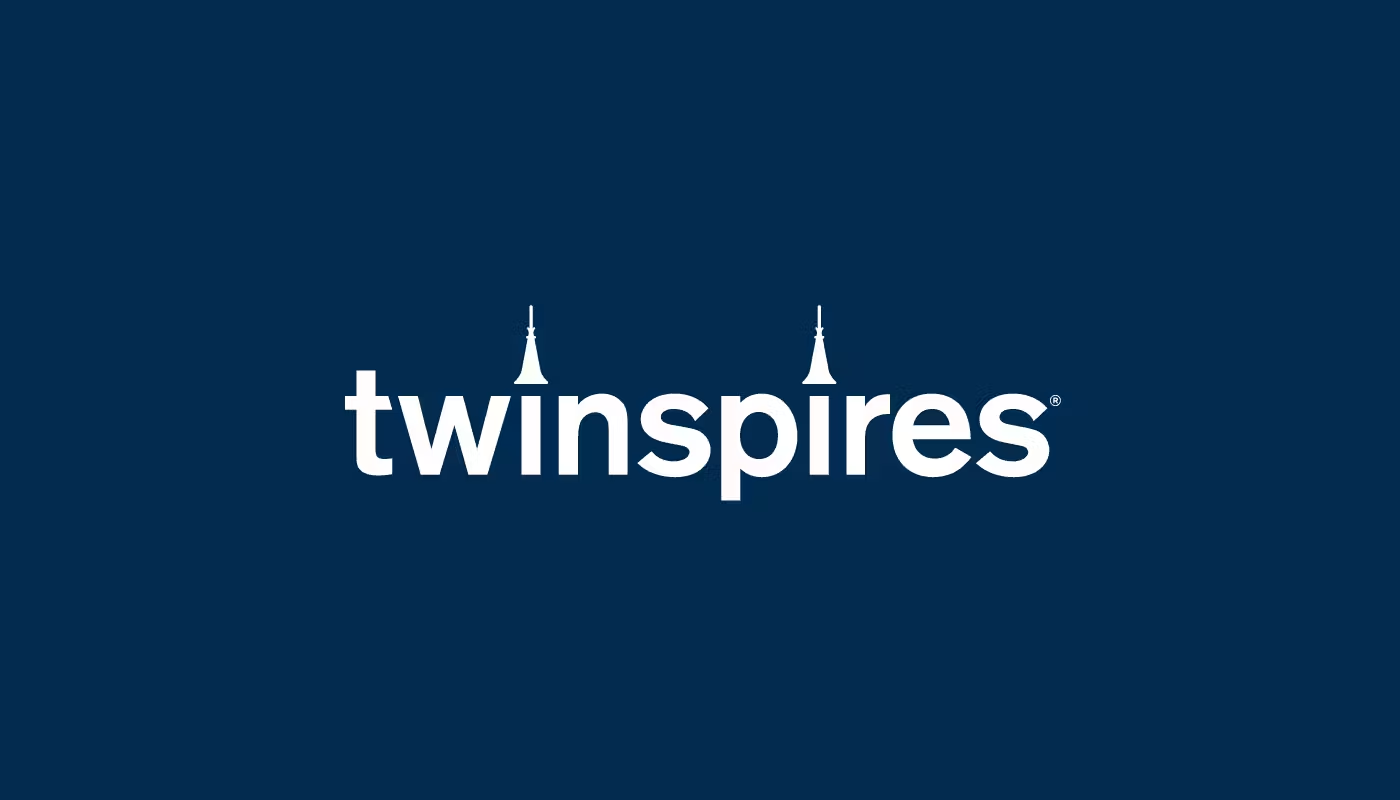
True Grit: National Council on Problem Gambling praises new Act

The act, introduced by senators Blumenthal and Salinas, targets gambling addiction in the US.
The National Council on Problem Gambling (NCPG) has given praise to the Gambling Addiction Recovery, Investment and Treatment (GRIT) Act. The act, which will launch a federal funding stream for addiction research, treatment and prevention, was introduced by Senator Richard Blumenthal of Connecticut and Representative Andrea Salinas of Oregon.
Executive Director of the NCPG Keith Whyte called the GRIT Act “landmark legislation” that will help in bolstering gambling harm prevention and treatment. The new resources, according to Whyte, are set to make a significant impact on communities around the US while also allowing for additional research into the topic.
“The introduction of the GRIT Act is a testament to our shared commitment to mitigating gambling-related harm and addressing the challenges of gambling addiction,” he said.
The GRIT Act includes provisions such as the allocation of 50% of current federal sports excise tax revenue for treatment and research into gambling addiction. The research will be conducted by the US Department of Health and Human Services. The act notably does not raise taxes or require further bureaucracy, instead using existing tax revenue.
Of the allocated funds, 75% will go to the Department’s Substance Abuse Prevention and Treatment Block Grant program which provides treatment across varying states, while the remaining 25% will go to the National Institute of Drug Abuse directly for research grants.
The GRIT Act also calls for an effectiveness report to be submitted to Congress after three years.
NCPG Board of Directors President Susan Sheridan Tucker said, “The GRIT Act reflects a pivotal step towards long-overdue support for those grappling with gambling addiction. We commend Senator Blumenthal and Representative Salinas for their dedication to addressing the burgeoning public health crisis of gambling addiction. The National Council on Problem Gambling stands in full support of this legislation.”
Gambling addiction statistics have grown in some areas of the US, with one Tennessee gambling hotline experiencing an increase in calls since 2020. Ohio reported a 55% increase in helpline calls in 2023 while the Pennsylvania Department of Drug and Alcohol Programs reportedly contributed $8.3m to the Compulsive and Problem Gambling Treatment Fund (CPGT) between June 2022 and June 2023.
Tags/Keywords
Players trust our reporting due to our commitment to unbiased and professional evaluations of the iGaming sector. We track hundreds of platforms and industry updates daily to ensure our news feed and leaderboards reflect the most recent market shifts. With nearly two decades of experience within iGaming, our team provides a wealth of expert knowledge. This long-standing expertise enables us to deliver thorough, reliable news and guidance to our readers.






